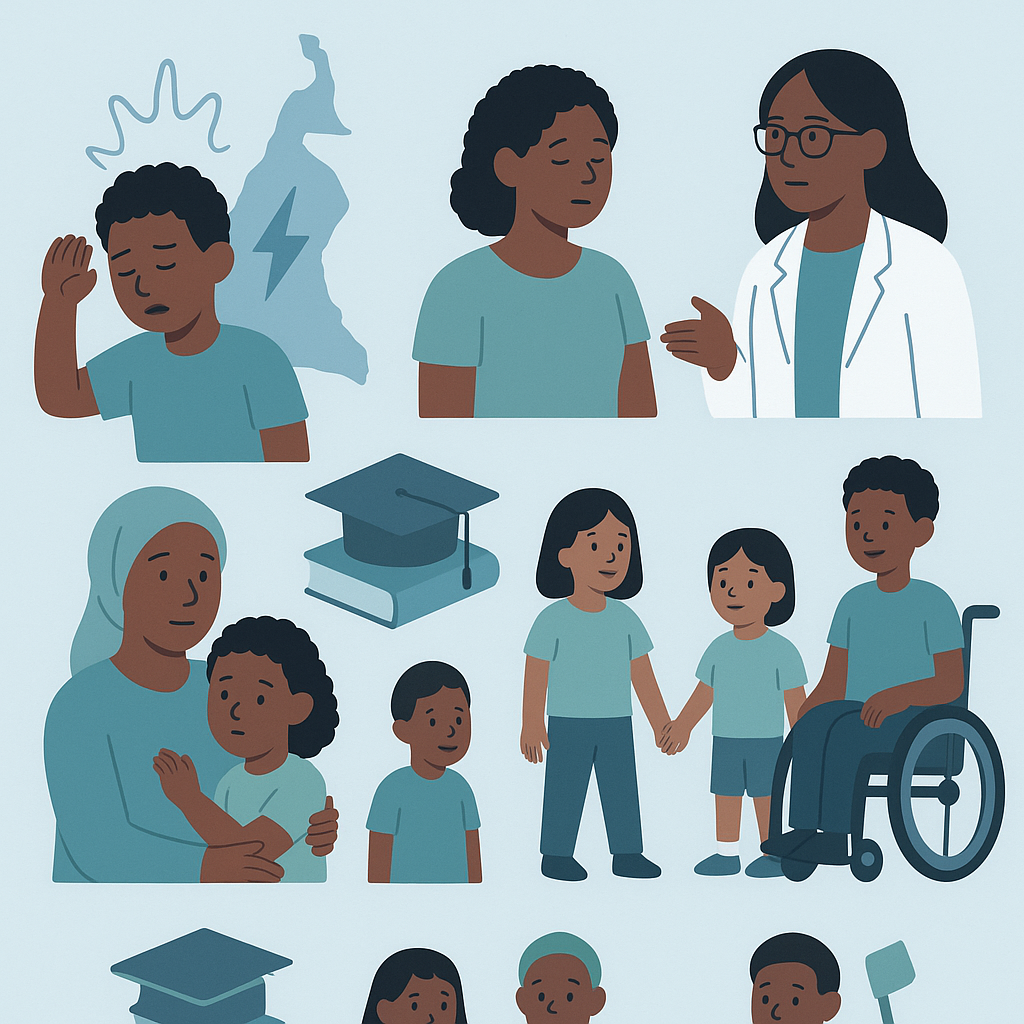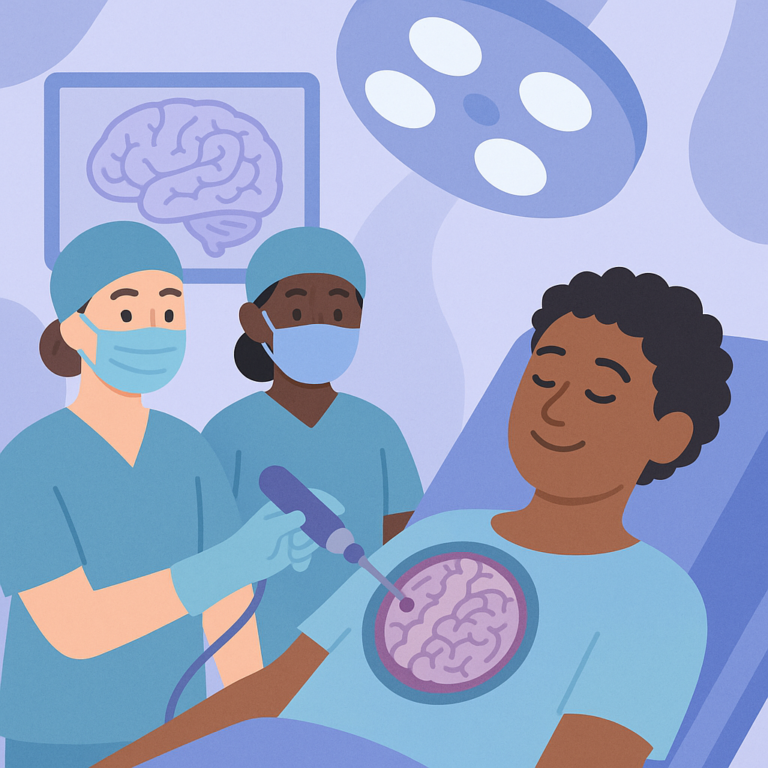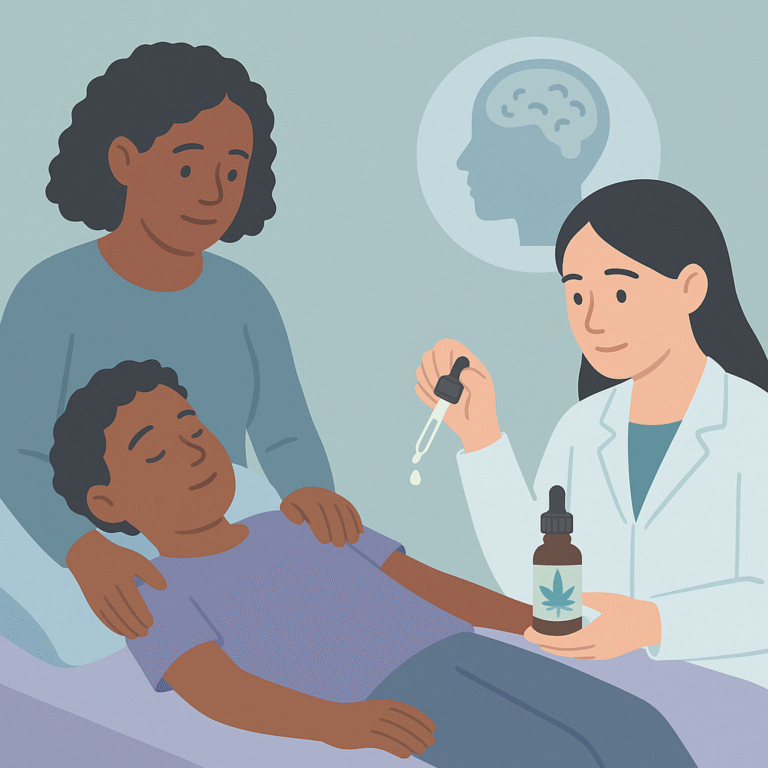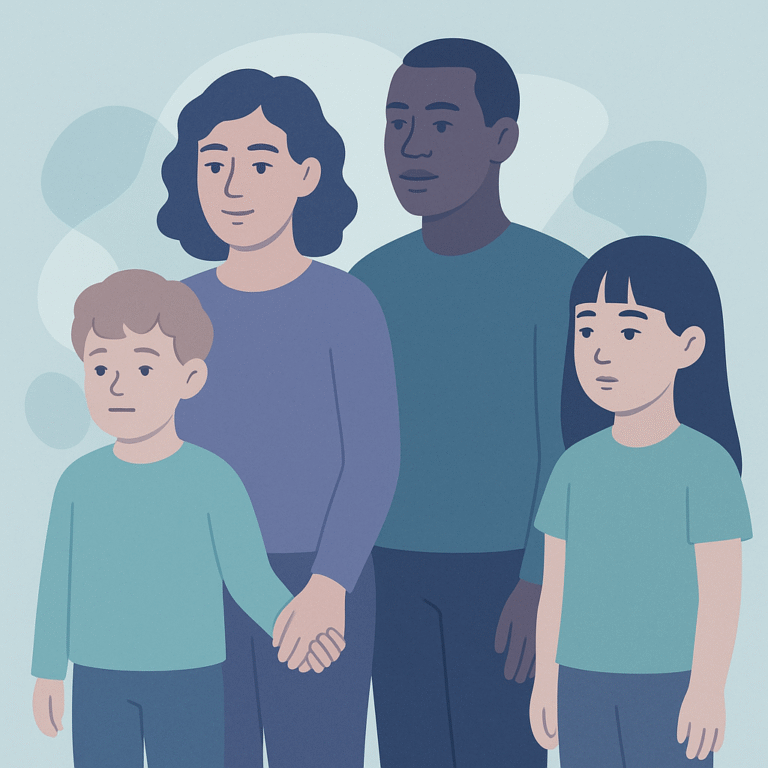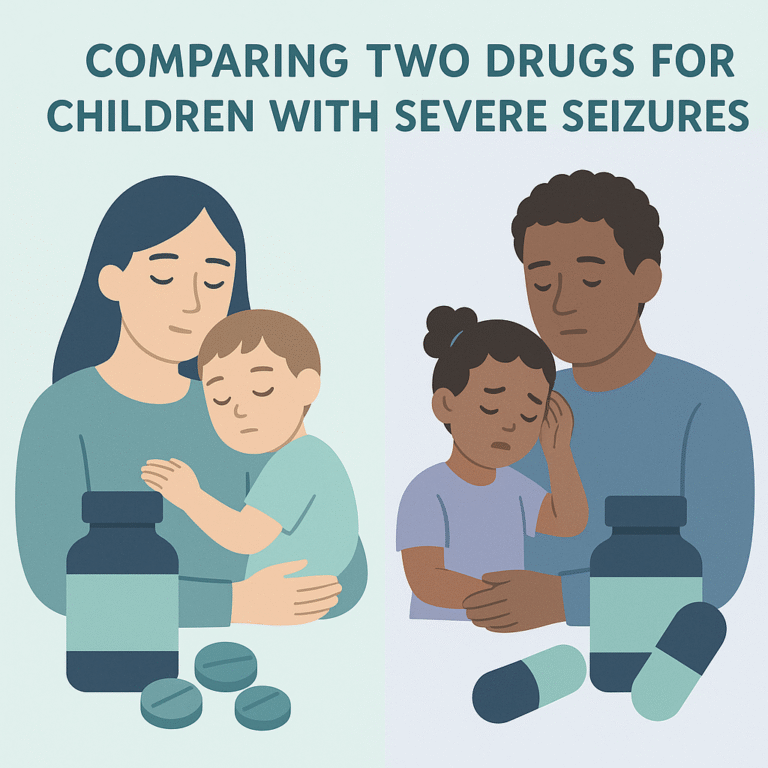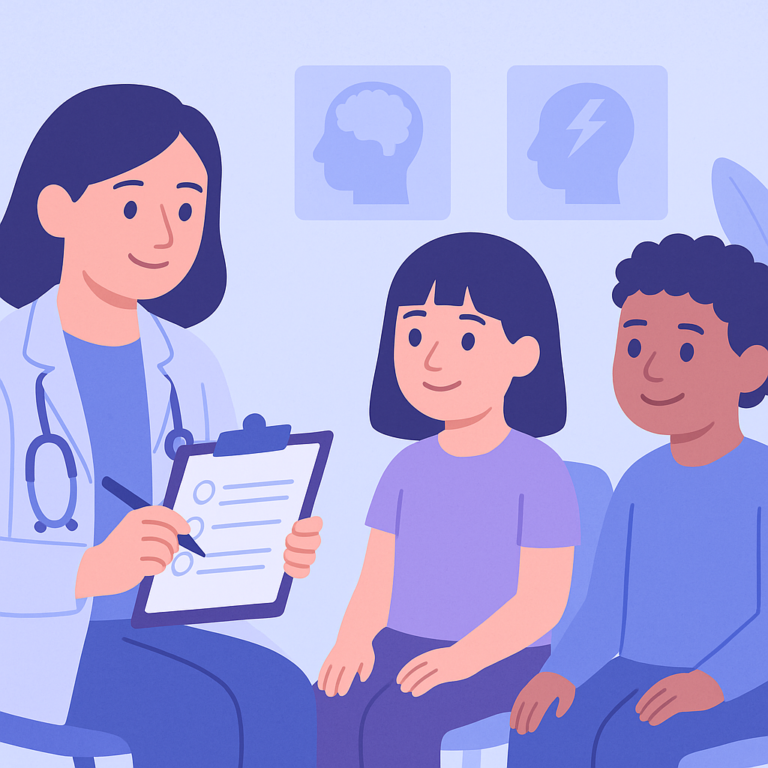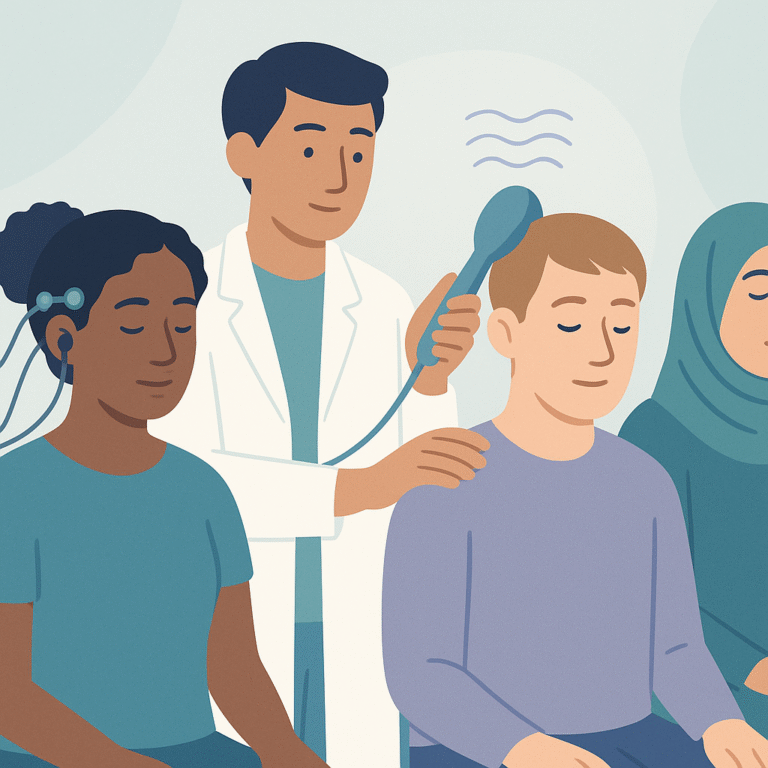Childhood Epilepsy in Cameroon: Key Findings and Impacts
⚠️ Infant dosing/safety: medication and diet decisions for infants require individualized medical guidance.
Source: Brain & development
Summary
This study focused on childhood epilepsy in Cameroon, examining the clinical patterns, factors that predict seizure control, and the impact on education. Researchers looked at the medical records of 142 children aged 3 months to 15 years who were diagnosed with epilepsy and treated at Douala General Hospital between January 2020 and December 2023. The study aimed to gather more information about how epilepsy affects children in this region, where data has been limited.
The findings revealed that most of the children had generalized seizures, which are a type of seizure that affects both sides of the brain. A significant number of cases were linked to factors like neonatal convulsions and febrile seizures. Some children continued to have seizures even while receiving treatment. The study also found that children who had unknown seizure types or used traditional medicines were more likely to have poor seizure control. Additionally, issues with memory and concentration were shown to negatively affect their school performance.
These results are important because they highlight specific factors that can help doctors and caregivers understand which children might struggle more with their epilepsy. By identifying these factors, healthcare providers can better tailor treatments and support for children with epilepsy in Cameroon. However, the study has limitations, such as being based on medical records and not including a broader population, which means more research is needed to confirm these findings and improve care.
Free: Seizure First Aid Quick Guide (PDF)
Plus one plain-language weekly digest of new epilepsy research.
Unsubscribe anytime. No medical advice.